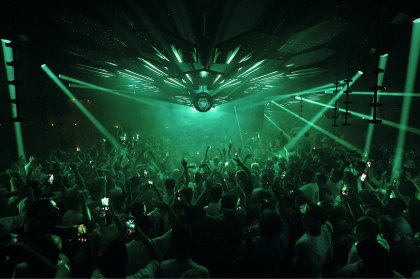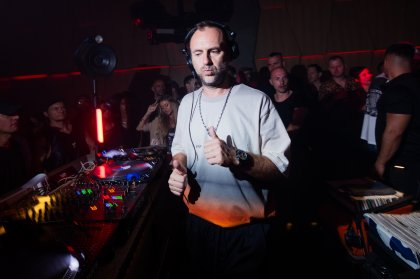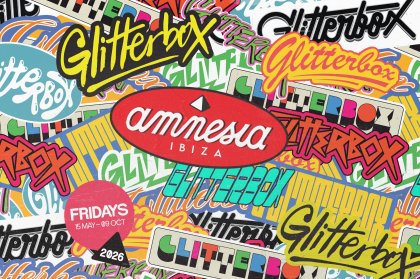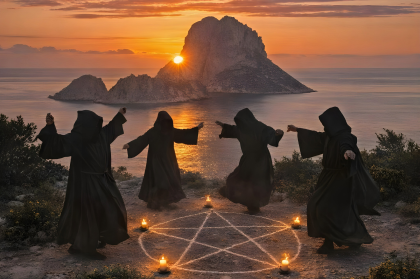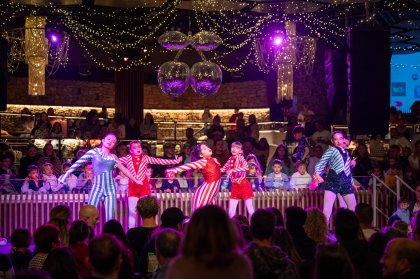
In the mid-sixties, the cliché went that you either followed The Beatles or you followed the Rolling Stones. The differences were stark – the goodie two shoes v the street rebels; the sound of white rock'n'roll v the sound of white r'n'b; the North v the South. The Beatles redefined pop; The Stones redefined black music for a white audience. The Stones made beats you could dance to; the Beatles made music you could get stoned to. Or so the story went.
Yet whilst it is true that the bulk of the Beatles work was best appreciated as a listening experience, their contribution to electronic music and beyond that dance culture in general is not to be ignored.
Perhaps the most ‘dance' of all the Beatles records was Tomorrow Never Knows on the Revolver LP. The first hint of the new psychedelic direction the Beatles would take in their post-moptop guise, an era spent increasingly in the studio rather than inciting hysteria on the world stage, and a period of mind-expansion with no little help from a chance meeting with Bob Dylan and his herbal friends. The albums which followed Revolver into folklore Sergeant Pepper's Lonely Hearts Club Band and The White Album bore the fruits of endless electronic trickery and by the time closure was reached on Abbey Road and Let it Be, the Beatles had bequeathed a legacy that would inspire the chillout and Balearic movements of the 80s and 90s. Tracks such as here comes the sun, dear prudence, come together and a day in the life have been co-opted as classic sunset moments, utilised by DJs at festivals like the big chill and by their contemporaries in Ibiza and Goa.
Compare: The Beatles - Tomorrow Never Knows
with The Chemical Brothers - Let Forever Be
Pop historians have debated this key question for years - Who was the main creative force behind The Beatles? Lennon? McCartney? Or would none of it have been possible without George Martin? I would argue that the post-Beatles careers of each of the members has proved that McCartney, if not lyrically, was certainly the musical innovator, the most open to new sounds, the only one who post-split continued to experiment and with any sense of ambition. In part this is relative and owes something to the paucity of ideas from the other 3, mired in a haze of smoke and / or political and financial paranoia.

George Martin and The Beatles
Lennon's 70s discography suggests a lot of anger at the world (Imagine, Woman Is The Nig*er Of The World), at himself (Cold Turkey), at McCartney (How Do You Sleep) but musically, no real understanding of the 70s disco explosion from which, ironically, he lived only a few blocks away in New York City. In fact, from 75-80 he barely recorded at all. The tragedy of his murder cannot disguise the fact the Lennon was by then a musical bankrupt, the very final album Double Fantasy revealing Yoko Ono as the true visionary. It was Yoko who inspired Felix the housecat and the electroclash scene of the early 2000s with her classic walking on thin ice but Lennon's own musical legacy post 1970 amounts to a couple of peace records and a lot of rants.
John Lennon - Cold Turkey
George Harrison kept making records but after his initial success with My Sweet Lord his fortunes gradually faded, much like Ringo. Each sought escapism from the beatles monster that created them, George in spiritualism, Ringo in the bottle.
McCartney however continued to brim with ideas...........
Read Part Two here



